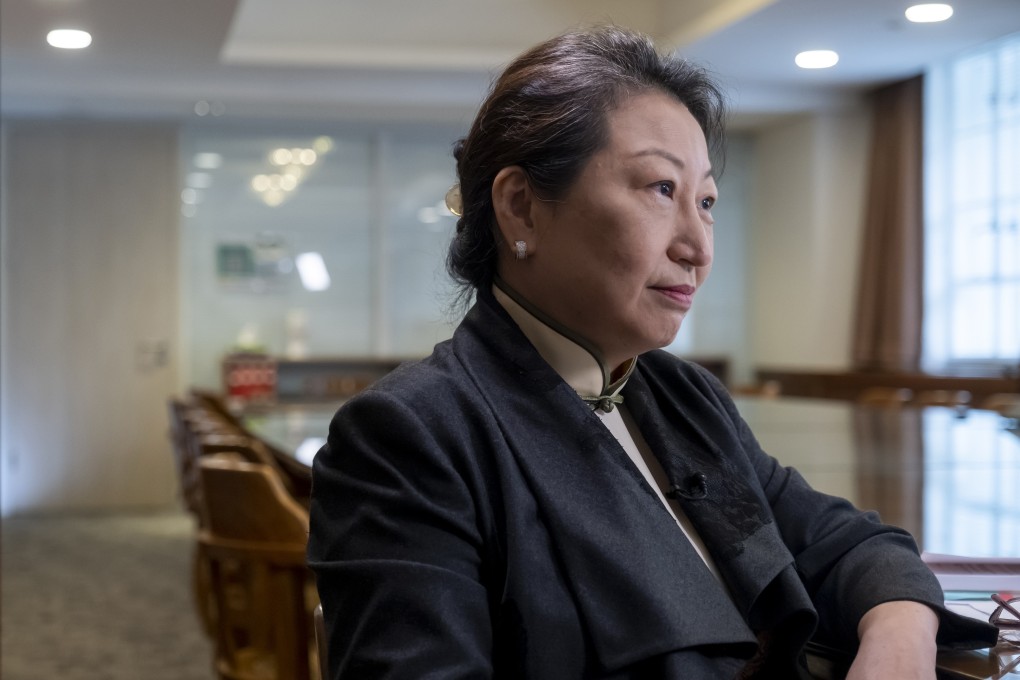My Take | Senior counsel push could have explosive consequences
- The justice secretary’s proposal would be a fundamental reform of the legal system. Embarking on such a move at a time of deep political divisions must be questioned

The presence in Hong Kong of two different types of lawyers – barristers and solicitors – is often baffling to those not familiar with this long-standing legal tradition inherited from Britain. But an appreciation of the distinction is essential if the potentially far-reaching implications of the latest proposal for reforming the city’s legal system are to be grasped.
Secretary for Justice Teresa Cheng Yeuk-wah wants to change the law to make her department’s solicitors eligible to become senior counsel, a sought-after status traditionally reserved for barristers. This may appear to be a minor technical change. But it could have explosive consequences.
The division of lawyers into solicitors and barristers emerged in Britain hundreds of years ago. In other parts of the world, including the United States, Canada, and some states in Australia, there is no such distinction or, at least, no difference in their roles. But in Hong Kong, lawyers must choose which to become.
Barristers are the ones that get the dubious privilege of wearing wigs and gowns. They are specialists in advocacy, the art of standing up in court and addressing the judge. Barristers are sole practitioners and are usually hired by solicitors rather than dealing directly with the public.

In contrast, solicitors belong to law firms, are allowed to join partnerships, and are usually the first lawyers to be consulted by anyone with a legal problem. They offer a wide range of services and prepare cases for court. Solicitors are not allowed to appear as advocates in the higher courts unless they have a special qualification.
One unique feature of being a barrister is that after 10 years you become eligible to be appointed senior counsel. The decision is made by the chief justice based on a candidate’s standing, knowledge of the law and experience. Senior counsel, known as Queen’s Counsel in colonial times, get to wear silk gowns and buckled shoes and can command higher fees.
